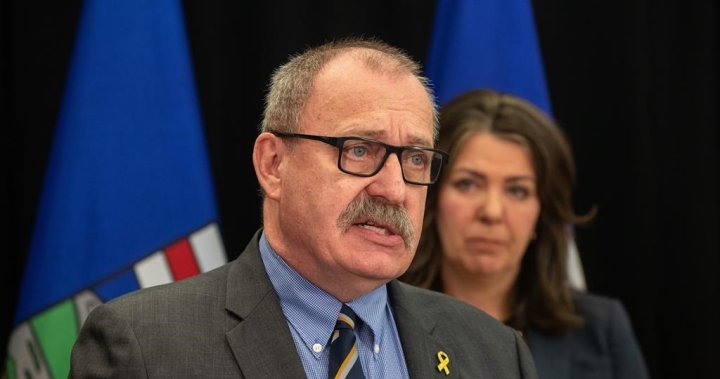Two rural municipalities in Alberta are expressing concerns about the potential costs associated with implementing Bill 20 proposed by the Alberta government. One major change included in the legislation is the requirement for all municipalities to conduct public hearings electronically, a practice already in place in larger cities like Edmonton and Calgary. Village of Duchess Coun. Deborah Reid-Mickler mentioned that their community members are used to attending council meetings in person and are content with the current setup, questioning the need for electronic public hearings. However, if Duchess were to comply with the new requirement, they would need to invest in internet upgrades, equipment, and potentially hire an IT professional.
Similarly, Calmar Coun. Krista Gardner shared that their town, located south of Edmonton, received a $30,000 estimate to upgrade their audio video systems for electronic public hearings, translating to a one percent tax increase for residents. Despite Municipal Affairs Minister Ric McIver suggesting that smaller communities could implement a phone-in option for public hearings to minimize costs, rural municipalities argue that there are additional expenses associated with Bill 20. For example, the legislation also mandates that municipalities maintain a permanent list of electors, which smaller communities like Duchess do not have the administrative capacity to handle effectively. Municipal representatives feel that they should have been consulted before the bill was introduced to address potential challenges.
McIver has acknowledged the concerns raised by rural municipalities and is working on amendments to Bill 20. However, there is no specified timeline for when these changes will be introduced. With the next municipal elections scheduled for October 2025, McIver aims to have the bill pass through the legislature by the end of May. Despite the minister’s intentions to accommodate the feedback from municipalities, representatives feel that they should have been consulted initially to avoid costly challenges in the implementation of the proposed legislation. The lack of consultation has led to frustrations among rural municipalities, who fear being burdened with unexpected costs and administrative responsibilities.
Overall, rural municipalities are apprehensive about the potential financial implications of implementing Bill 20, particularly in upgrading technology for electronic public hearings and maintaining a permanent list of electors. While larger cities have already adopted similar practices, smaller communities like Duchess and Calmar are concerned about the associated costs, which could result in tax increases for residents. Municipal Affairs Minister McIver has assured that smaller municipalities could opt for more cost-effective solutions such as phone-in public hearings, but rural representatives feel that the government should have consulted them beforehand. As the legislative process progresses, rural municipalities hope for meaningful amendments that address their concerns and mitigate the financial burden imposed by Bill 20.


